Israel’s MASHAV: Key to Restoring Global Image
This article was written by James Abrahams, Policy Fellow 2024-2025, and originally appeared in the Times of Israel. The views in this article are the authors own.
Tikkun Olam, repairing the world, is a key Jewish tradition. The MASHAV, the Hebrew acronym for the Department of International Assistance and Cooperation has, for over 60 years, been the Israeli state’s institutionalisation of the tradition. Founded in 1958 by Foreign Minister Golda Meir, it provides development support through training within Israel, sends experts abroad to launch development projects, and coordinates aid in disaster zones. Since its founding, it has provided professional guidance for 270,000 course participants from over 150 developing countries. In recent years, the use of MASHAV has been neglected by mainstream Israeli politics.
MASHAV was once invaluable as a political tool as well as an altruistic one. MASHAV was set up after the 1955 Afro-Asian Bandung Conference, which Israel was not invited to. Israeli diplomats realized they needed to build ties with newly independent African nations to avoid total regional isolation, and MASHAV helped achieve this. Ben Gurion himself said in the 1950s that “we have to break the boycott placed on us by hostile Arab states” by “building bridges” in Africa. MASHAV was at the centre of the success of these diplomatic efforts heralding a ‘golden age’ for African Israeli relations in the 60s. Alongside telegrams congratulating African nations on their independence, Israel offered gifts of scholarships for their students, an example being Uganda who were gifted 150. Even in the 70s when African nations cut diplomatic ties with Israel after the six-day war, MASHAV activities remained as the only way to continue political and economic ties. Elyashiv Ben-Horin, head of the Asia and Africa department and initiator of the aid program for developing countries, even argued that since MASHAV’s activities may displace Marxist solutions in Africa, it could strengthen Israel’s position with the US and encourage stronger US-Israel relations.
Today, MASHAV is a shadow of its former self and continues to shrink. The number of Israeli overseas MASHAV professionals has been cut to essentially zero, and the number of MASHAV trainees remains significantly lower than in the 90s. Meanwhile, the size of the overseas development aid budget shrunk by nearly 20% in real terms from 2022-3, and governments have channelled less of this money through MASHAV, preferring to outsource to NGOs or thinktanks. Despite political headwinds, its work remains commendable. In 2022, it sent over 210 professionals to Ukraine to set up field hospitals, treating over 6000 patients; just recently in November provided relief assistance to typhoon-affected islands in the Philippines. While these programs undoubtedly perform invaluable work, it is regrettable that the potential political capital of the organization has not been fully harnessed. The problem with recent programs is that they are only crisis driven. Other nations send aid at the same time, the crisis the MASHAV is reacting to dominates the news cycle, and Israel’s efforts are buried under it all. Their diplomatic contribution is insignificant, as is their impact on Israel’s reputation.
At a time when support for Israel is waning even among its staunchest allies, Israel must use MASHAV as a tool to improve its international standing. Israel did so successfully in the 1960s, and it can do so again. Lower-income developing nations in sub-Saharan Africa, many of whom have been critical of the Gaza campaign, could reap the benefits of Israeli agricultural expertise in regional MASHAV programs – just like they did in the 60s – as desertification grows in the region. Such programs will increase the chance of diplomatic favors relating to the conflict and play a part in slowing, and reversing, Israel’s growing isolation. MASHAV should cooperate with international organizations and focus on issues of social justice, such as women’s education, putting Israeli experts on the ground to showcase its liberalism and willingness to participate in solving global problems . This will help balance the negative impact on Israel’s reputation caused by the Gaza and Lebanon wars, as well as countering the negative portrayal of Israel in the UN and Western media. Furthermore, as Ben-Horin argued in the 1960s, Israel can use a revived MASHAV to its advantage in its relations with the US. The new Trump administration, whose isolationist tendencies mean that it will be even less likely to commit manpower to the Middle East, will likely support new MASHAV initiatives as part of a “day after” plan in Gaza, and may be willing to fund such initiatives.
These prospects are not unrealistic in the modern age; today we still see the positive impact of MASHAV on diplomacy. Mattanya Cohen, Israel’s ambassador to Guatemala (which includes Honduras), claims the MASHAV leadership course that President Juan Orlando Hernandez attended as a young man influenced his decision to recognize Jerusalem as Israel’s capital and move the embassy in 2018.
Israel can and should learn from MASHAV’s long history and take it seriously as a diplomatic tool – increasing its funding and integrating it into regional diplomatic strategies would be natural first steps. It may well be that the demonstration of who the Jewish people really are, the performance of Tikkun Olam, will be Israel’s diplomatic saving grace.
